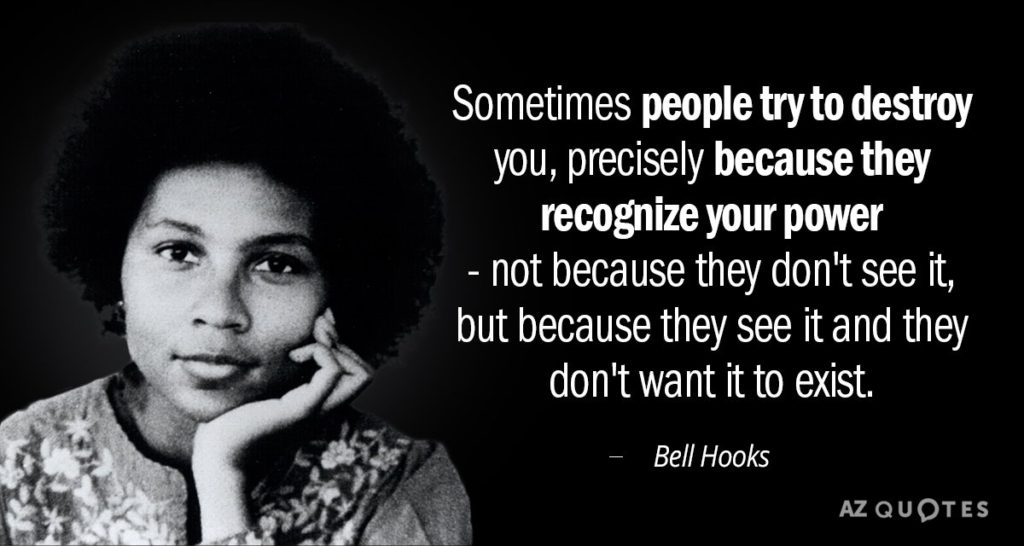
Loving-kindness: The revolutionary art of happiness. Dancing between anger and love: Reflections on feminist activism. Show us the love: Revolutionary teaching in (un)critical times. Yancy (Eds.), Critical perspectives on bell hooks (pp. Borderlines: bell hooks and the pedagogy of revolutionary change. Toward a worldwide culture of love-bell hooks.

Feminism is for everybody: passionate politics. Prebish (Eds.), Buddhism and human rights. Buddhism and human rights in the thoughts of Sulak Sivaraksa and Phra Dhammapidok. Political activism and feminist spirituality. Feminist love studies-editors’ introduction. International journal of critical pedagogy, 10(1), 117–139. Each and everyday, love us free: Critical pedagogy as a living-loving praxis. Journal of Critical Thought and Praxis, 6(3).ĭominguez, C. (Re)conceptualizing love: Moving towards a critical theory of love in education for social justice. Contingency, staff, anxious pedagogy-and love.

There may be issues with this love ethic theory though, and this paper discusses them as well. Since the vision of her feminist theory is to resist the dominant, oppressive structures and systems, one’s engagement in love must lead to such. Through her love ethic theory, one uncovers that love is more than just an act of will with intent and action towards care, commitment, trust, respect, responsibility and knowledge for oneself and the other, but rather also an act of resistance. This paper aims to introduce bell hooks’ feminist theory, her pedagogy and ideas on spirituality, and clarify her notions on love. What makes her definition different from other thinkers is that she combines her own unique feminist theory with Engaged Buddhism to arrive at a framework for love. Dubbed as one of the “100 Visionaries Who Could Change Your Life”, bell hooks or Gloria Jean Watkins tries to understand and define love in her numerous works.


 0 kommentar(er)
0 kommentar(er)
